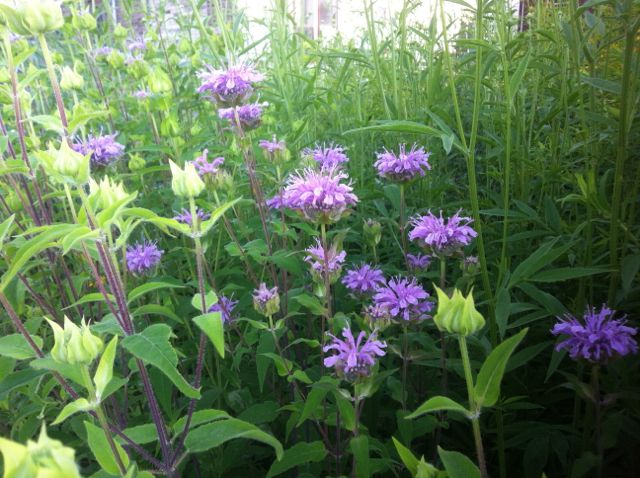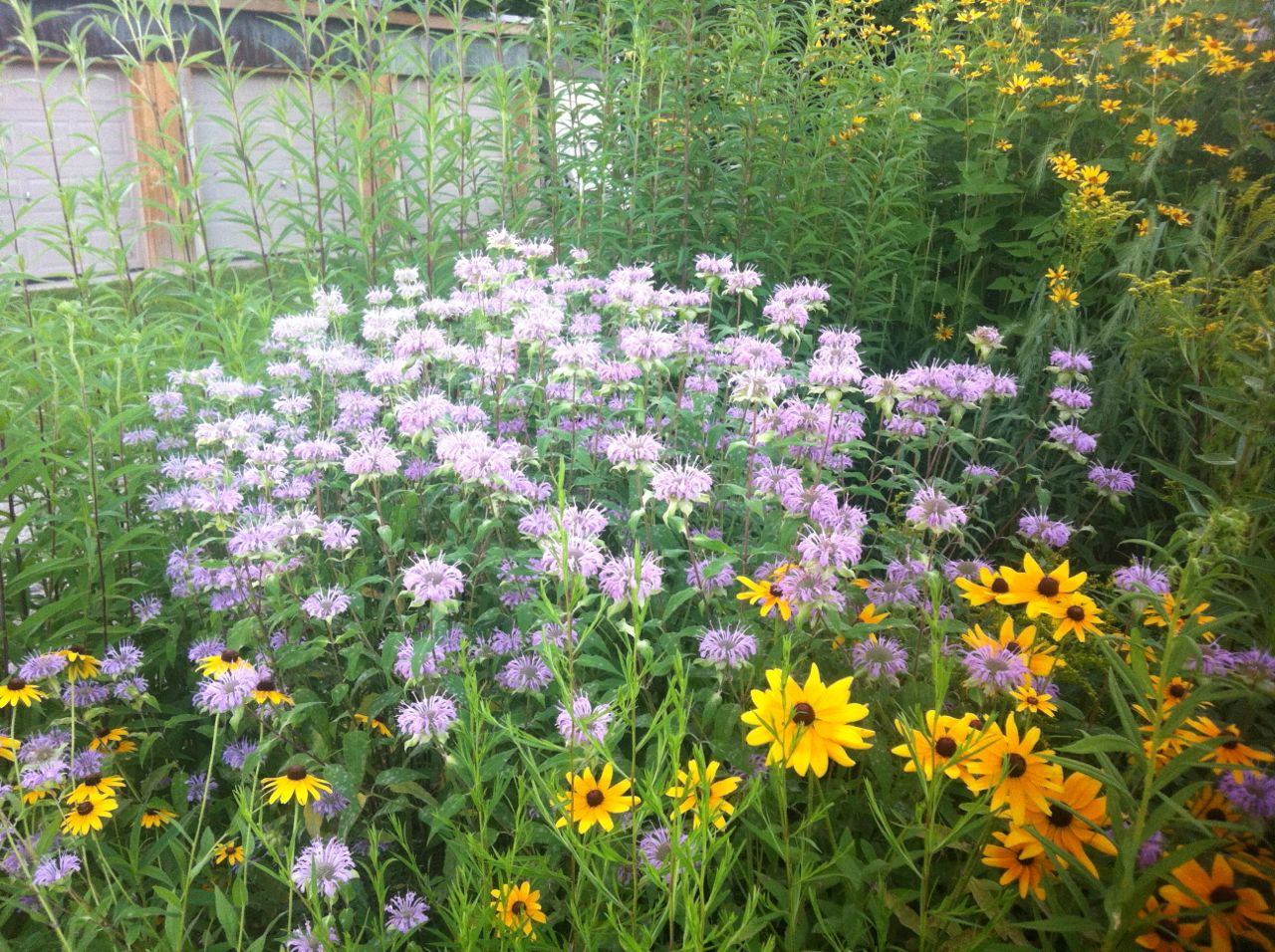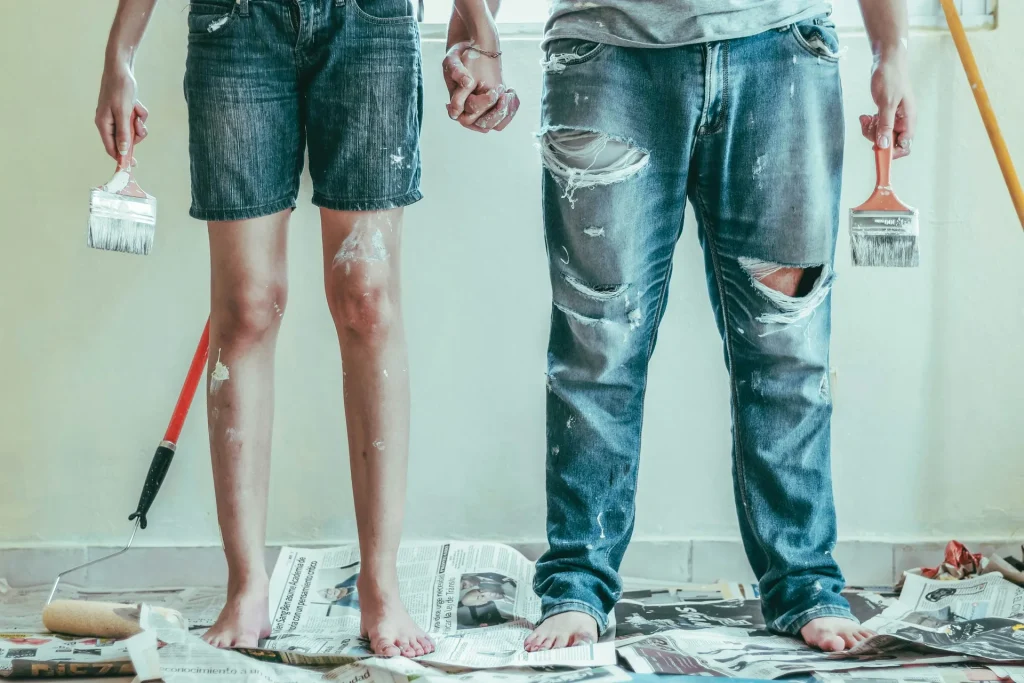


There have been a number of disturbing reports about mass bee die offs in the news recently – such as this report of 37 million bees dying in Ontario.
The cause of these die offs has not yet been establish but it is likely that they are being caused by a relatively new class of pesticides call neonicotinoids. Neonicotinoids are sprayed like other pesticides but are also increasingly being used to coat seeds of corn (and possibly other crops) so the seed may be sowed earlier — before the temperature and moisture conditions are right for germination and not be eaten by ground dwelling insects. The problem is that the insecticide makes its way into the leaves and the pollen of the plant and the bees take the pollen back to the hives and the pesticide kills the bees. It also appears that pesticide is introduced to the environment during the planting process, exposing bees and other animals at that point too.
It is estimated that the majority of corn now planted in North America is now coated with Neonicotinoids – a rise that coincides with the increase in Bee Colony Collapse disorder. The link has not been proven yet, a fact the chemical companies are quick to point out but the European Union has introduced at 2 year ban on 3 neonicotinoids as a precautionary measure. The evidence is mounting and we suggest that US and Canadian governments should follow the same path – better safe than sorry. We lived very well before these pesticides were introduced and a temporary ban seems like the right thing to do while the studies are done.
There’s another disturbing fact that doesn’t get mentioned in the stories – the bees that are dying are our domestic honey bees – the ones kept to pollinate crops and make honey. We’ve moved more and more to a model of agriculture that requires honey bee hives to be brought in to pollinate crops as we’ve reduced the biodiversity in farm fields to the point where they are eco-deserts – nothing much lives there except the crop we are growing. We have replaced the natural pollinators with domesticated bees — essentially hives of agricultural workers. And now, in our never ending quest to maximize yield and minimize immediate cost, we appear to be killing the domestic honey bees – our agricultural partners on whom we are utterly dependent.
If we are unable to keep bees, we won’t be able to grow crops that depend on them for pollination but our governments do not act. If something was killing our cattle, hogs or chickens, we would see action – so why not for the bees? How will our crops be pollinated with out them?
The simple answer is that they won’t be unless we take steps to protect the biodiversity of pollinators whether they be domesticated or wild. The native wild pollinators are being killed by the same agents as the Honey Bees and they are losing their natural habitat. The loses are hard to quantify because we don’t count them.
Protecting the pollinator diversity requires 2 simple steps.
1. Provide habitat for the bees and
2. Stop poisoning the bees.
So, what can we do? I encourage everyone to contact their elected representatives and urge them to support a temporary moratorium on the sale and use of Neonicotinoids. The justification for doing so may be found in something called “The Precautionary Principle” – which says we have a duty to prevent harm to the environment if it is in our power to do so, even though all the evidence is not in – or, in other words, Common Sense.
You can also do your part to help reduce the market for the products of this kind of chemical intensive industrial agriculture. Start by supporting Organic and small scale local farmers. Summer is a great time to purchase local food at a Farmer’s Market – ask the farmers about the the food and how it is grown. Does it cost more to support the small scale farmers? It can do but you get benefits for that extra cost. You are strengthening your community, it is better for the environment and the food tastes better! If we all take some action on this, collectively we will have an impact.
Finally, if you have a garden, plant some native plants that will provide a food source for our native pollinators. Our native bees are in trouble too but nobody is counting them so we don’t have the numbers. We must protect the species that we have, we are going to need them in the future. We have done this behind our cafe and we enjoy seeing a wide variety of bees visiting our native plants.



